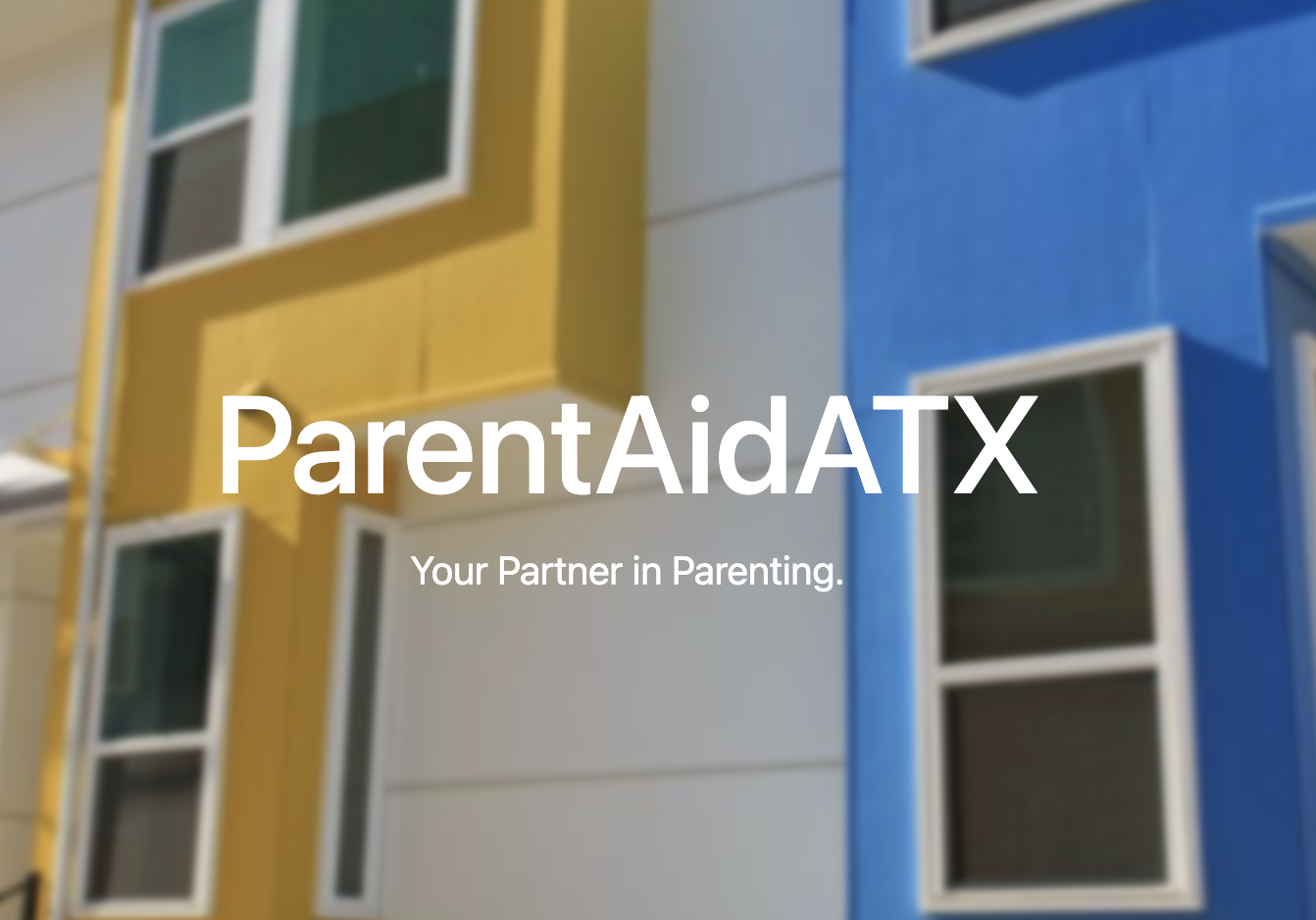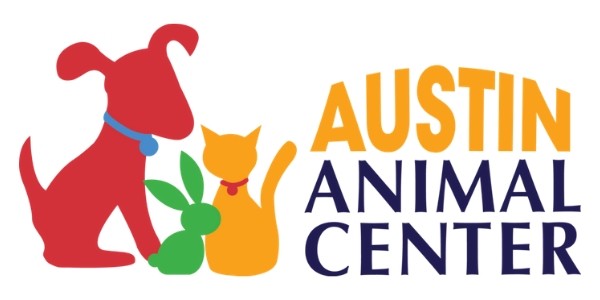
Allison Still
Hi, I'm Allison Still
As a fourth-year Computer Science student at the University of Texas at Austin with minors in Business and Educational Psychology, I am actively seeking a full-time role starting in Summer 2026. I'm excited to apply my technical knowledge and problem-solving skills across software, data, and technology opportunities to contribute to meaningful projects.
This past summer, I worked as a Quality Engineering Intern at Crestron Electronics, where I validated and debugged media drivers, leveraged tools including Wireshark and Jira, and collaborated with cross-functional teams on automation and camera systems. This experience strengthened my passion for tackling complex problems and pushed me to design and verify solutions that improve how people interact with technology, while also building confidence in my ability to adapt and deliver in fast-paced environments.
I bring strong technical skills in Java, JavaScript, Python, Swift, C, and REST APIs, along with hands-on experience in Agile/Scrum environments. I am eager to keep learning, grow alongside diverse teams, and help create innovative technology.

My Tech Stack
My Journey
Computer Science Major
2022-Present
Fourth-year at The University of Texas at Austin, focusing on software development and AI, with minors in Business and Educational Psychology. GPA: 3.73/4.0
Quality Engineering Intern, Crestron Electronics
Summer 2025
Collaborated on an Agile/Scrum team to validate 13+ media drivers, debug AV integration issues with Wireshark, and deliver cross-team automation features. Presented a wireless energy harvesting proposal to 70+ employees
Advanced Coursework & Independent Projects
2024–2025
Explored advanced algorithms, machine learning, and systems courses while building personal passion projects in my free time
Sales Associate, Nina Berenato Jewelry
Summer 2024
Applied precision tech in custom jewelry fitting while refining user experience through client engagement
Style Advisor, Aritzia
Summer 2023
Developed customer service and training skills while adapting to a fast-paced retail tech environment
Digital Strategist Intern, Stokes Sign Company
Summer 2022 - October 2023
Applied web scraping and SEO strategies to enhance digital marketing reach
My Projects

ParentAidATX
A full stack resource platform for single parents in the Austin area, providing affordable housing, nearby childcare, and books.

Austin Animal Center Outcome Prediction Framework
A multi-class classification model used to predict animal shelter outcomes for one of the largest no-kill shelters in the U.S.

More Projects on GitHub
See more of my projects featuring machine learning and full-stack development on GitHub
Classes & Skills
Software Engineering
Current knowledge, techniques, and theories in large software system design and development
Algorithms and Complexity
Investigation of algorithmic paradigms: divide and conquer, dynamic programming, greedy algorithms, graph algorithms, randomized algorithms, undecidability, NP-completeness, and approximation algorithms
Principles of Computer Systems (Operating Systems)
Introduction to computer systems software abstractions with an emphasis on the connection of these abstractions to underlying computer hardware. Key abstractions include threads, virtual memory, protection, and I/O.
Principles of Machine Learning I
Machine learning: data processing, regression, classification, clustering, dimensionality reduction, and neural networks
Computer Organizations and Architecture
An introduction to low-level computer design ranging from the basics of digital design to the hardware/software interface for application programs. Includes basic systems principles of pipelining and caching, and requires writing and understanding programs at multiple levels.
Matrices/Matrix Calculations
Techniques of matrix calculations and applications of linear algebra.
Data Structures
Introduction to specifications, simple unit testing, and debugging; building and using canonical data structures; algorithm analysis and reasoning techniques such as assertions and invariants.
Discrete Math
A focus on discrete mathematical tools of fundamental importance to the working computer scientist. An emphasis is placed on using logical notation to express rigorous mathematical arguments. Subjects include proof by induction, introduction to graph theory, recurrences, sets, functions, and an introduction to program correctness.
Applied Statistics
Exploratory data analysis, correlation and regression, data collection, sampling distributions, confidence intervals, and hypothesis testing